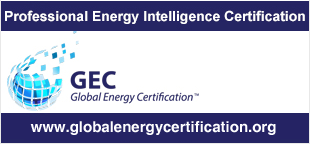The international hard coal market has seen profound structural change in recent years, marked, first, by ongoing supplier consolidation in Western exporting countries and, second, by a rise in the importance of the former state- trading companies in the transformation states as world market suppliers. Australia is now the leading exporter with 28% of the global export market and Indonesia is second with 24%.
With their structural adjustments and the modernisation of their coal industries, the transformation states are increasingly assuming the role of the traditional exporters that have ensured balanced markets until now. Having accounted for a mere 13 % seaborne hard coal trade in 1997, their share had risen to over 25 % by 2005. Russia, China, Kazakhstan and Poland contributed crucially toward this growth. There was a corresponding fall in the share accounted for by exporting market economies. Following the trend toward globalisation, cross country mergers and acquisitions among coal companies were on the up, and oil firms like Exxon-Mobil and Shell retreated from the coal business.
Only a few years ago the activities of major producers were largely focussed on one country, the US; but they now extend from Australia via South Africa and Indonesia all the way to North and South America. Provided there is an appropriate opening of markets, their commitments will increasingly cover China, India and Russia as well. In China, most coal exports are handled by the state-run company Chinese National Coal Import and Export Corp. (CNCIEC), and, in Poland, by the likewise state-owned firm Weglokoks. In Russia, Krutrade is by far the most important, and already privatised, trading company.

















